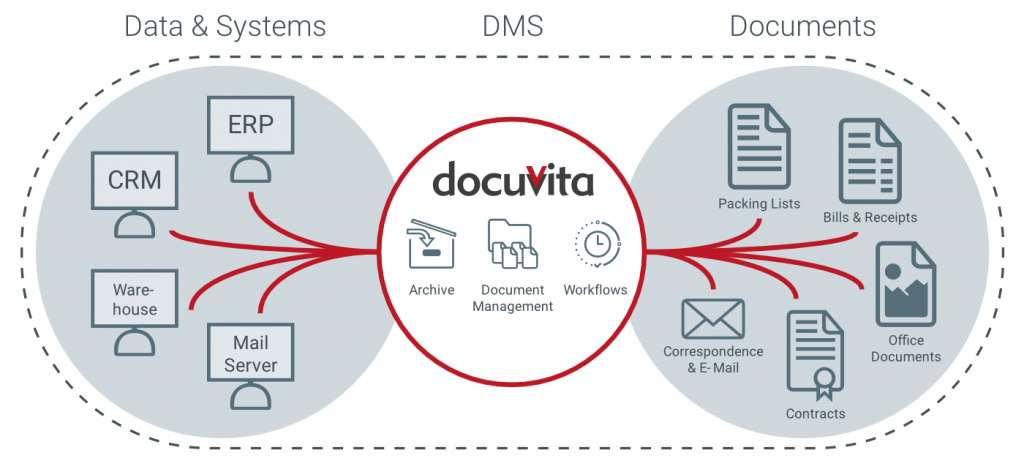
Revolutionizing Legal Workflows: The Power of Document Management
Efficient legal document management is a cornerstone of streamlined legal workflows, providing law firms and legal professionals with the tools they need to navigate the complexities of the modern legal landscape. This article explores the significance of legal document management, examining its applications, benefits, and the transformative impact it has on legal processes.
Centralized Document Repositories
Legal document management systems establish centralized repositories for all types of legal documents, ranging from contracts and pleadings to court filings and client correspondence. This centralized approach ensures that all relevant documents are organized in a secure and easily accessible location. Legal professionals can swiftly retrieve, review, and share documents, fostering collaboration and reducing the time spent searching for critical information.
Document Version Control
Version control is crucial in legal work where documents undergo numerous revisions. Legal document management systems provide robust version control mechanisms, allowing users to track changes, revert to previous versions, and maintain an audit trail of document modifications. This feature ensures that legal professionals are working with the latest and most accurate versions of legal documents.
Collaboration and Workflow Integration
Legal work often involves collaboration among various team members, including attorneys, paralegals, and support staff. Document management systems facilitate seamless collaboration by providing a platform for shared document access, real-time editing, and collaborative workflows. Integration with other legal software and case management systems further enhances overall workflow efficiency.
Advanced Search and Retrieval Capabilities
The ability to quickly search and retrieve specific documents is paramount in legal settings. Legal document management systems incorporate advanced search functionalities, enabling users to locate documents based on keywords, metadata, or specific criteria. This accelerates the document retrieval process, allowing legal professionals to respond promptly to client inquiries or prepare for legal proceedings.
Document Security and Compliance
Security is a top priority in legal document management. These systems implement robust security measures, including user authentication, access controls, and encryption, to safeguard sensitive legal information. Moreover, legal document management systems often include features to help law firms comply with regulatory requirements and industry standards, ensuring the confidentiality and integrity of client data.
Electronic Signature Integration
In the era of digital transformation, electronic signatures play a pivotal role in legal processes. Many legal document management systems seamlessly integrate electronic signature capabilities. This allows legal professionals to execute agreements, contracts, and other legal documents electronically, reducing the need for physical signatures and expediting the document execution process.
Automated Document Workflows
Legal document management systems introduce automation to document-centric workflows. Routine tasks, such as document creation, approval processes, and document routing, can be automated, saving time and minimizing the risk of errors. Automated workflows contribute to increased efficiency, allowing legal professionals to focus on higher-value tasks that require their expertise.
Mobile Accessibility for On-the-Go Legal Professionals
The nature of legal work often requires professionals to be on the move. Legal document management systems address this need by offering mobile accessibility. This allows legal professionals to access, review, and collaborate on documents from their smartphones or tablets, ensuring that they stay connected and productive even when away from their desks.
Scalability for Growing Practices
As law firms and legal practices grow, the volume of documents they handle also increases. Legal document management systems are designed to scale with the growing needs of a practice. Whether handling a small caseload or managing a large portfolio of cases, these systems provide scalability to accommodate the evolving requirements of legal professionals.
Data Analytics for Informed Decision-Making
Legal document management systems often incorporate data analytics capabilities. By analyzing document-related data, legal professionals can gain insights into document usage patterns, workflow bottlenecks, and overall practice performance. This data-driven approach empowers informed decision-making, allowing law firms to optimize their document management processes continuously.
To explore the transformative capabilities of legal document management, visit Legal Document Management. Discover how these innovative tools are reshaping legal workflows, providing a technological foundation for enhanced efficiency, collaboration, and compliance.
In conclusion, legal document management is more than just a digital filing system; it is a strategic asset that empowers legal professionals to navigate the complexities of their work with precision and efficiency. As the legal landscape continues to evolve, embracing advanced document management solutions becomes imperative for law firms seeking to deliver optimal client service, ensure compliance, and stay ahead in a competitive environment.



